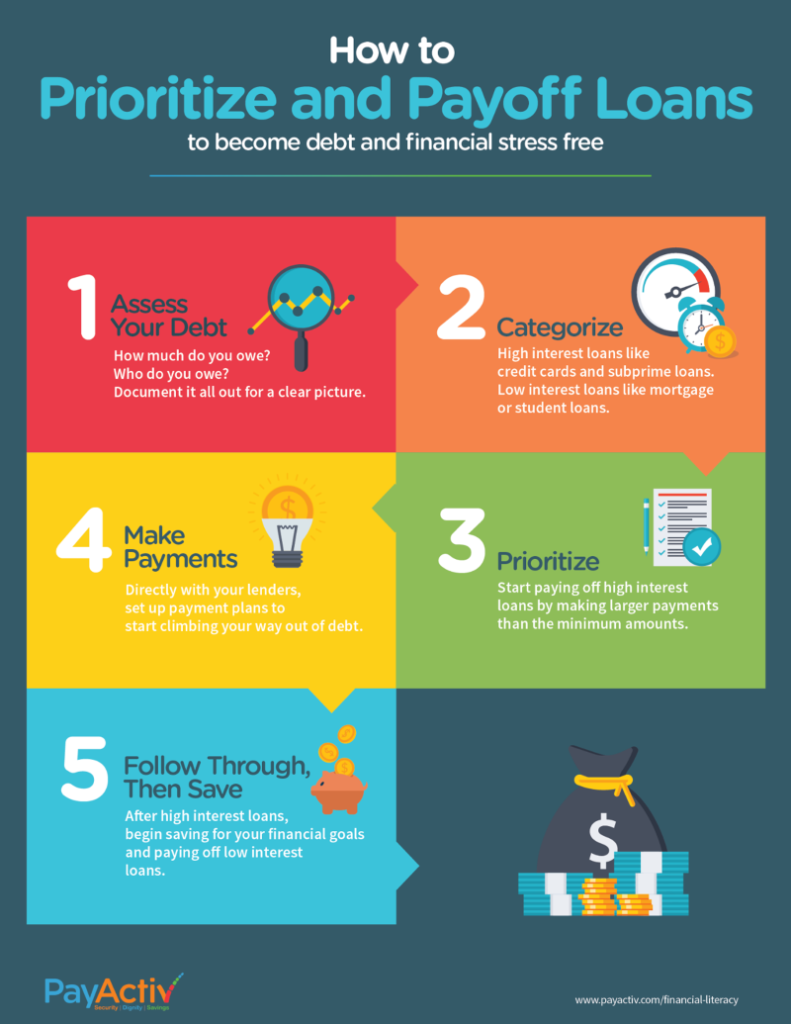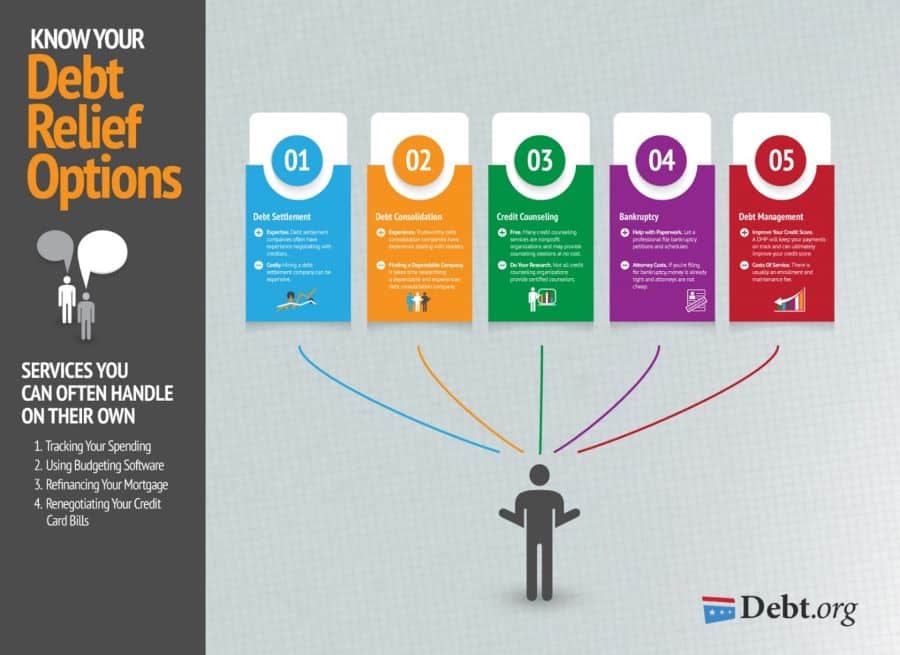[ad_1]
Perhaps pre-pandemic you took out a loan in order to take advantage of a promising business opportunity. But then the economy started to slip and your business income dropped off, too. Suddenly can no longer afford the loan payments. Here are some suggestions that can help you get back on track and keep your business afloat.
RELATED ARTICLE: WHAT ARE THE BEST SOURCES OF ECONOMIC NEWS?
Things in life don’t always go as planned. A downward economy can negatively affect many people, including you.
So maybe right now you’re wondering, “How can I keep up with my online installment loan payments?” or, “What happens if I don’t pay?”
Fortunately, there are actions you can take, but you’ll have to move fast to minimize your risk of falling deeper into debt. The longer you wait the more you’ll risk damaging your finances.
There are certain strategies you can follow that will help you get back on track with your loans. Believe it or not, you can get your installment loan payments under control and relieve some of your stress.
What Happens When You Fail to Pay Your Installment Loans?
First, it’s important to know about the worst-case scenario: what could happen if you fail to pay your installment payments.
What happens is, you default on your loan. This means you will end up owing more money due to fees, interest charges, and penalties. All of these start building up in your account by the day.
Your credit score also takes a plunge when you don’t repay your lenders. Sure, you can rebuild your credit and start all over again, but it might take quite a few years.
You don’t have to worry about ending up in debtors’ prisons. They don’t exist anymore. However, if you can’t keep up with your loan payments, you should keep your eye out for legal documents about a potential court appearance.
Yes, it can be frustrating, but there’s no need to worry about all this. That’s because there are steps you can take to ensure that you don’t end up in that position.
RELATED ARTICLE: CREATIVE WAYS TO FUND YOUR STARTUP
What You Should Do First
Negotiate with your lender. You probably still have some time before your next due date. Therefore, if you foresee that soon you won’t be able to afford your loan payments, what you can do is talk to your lender directly.
They might be able to provide you with some options. For instance, they may reduce or temporarily suspend your loan payments, change your due date, or lower your payment for a certain time.
Keep in mind, however, that you’ll have to explain to your lenders why you can’t make the payments. David Winfield of Simple Fast Loans says, “Some lenders may ask you to provide them with proof that you’re unable to pay your installment loan.”
How to Manage Your Loan Payments
To manage your payments, you’ll need to prioritize them. You surely don’t want to get evicted from your home or have your car taken away from you.

You will have to make a decision on which loans to keep paying installments on and which to stop.
In most cases, you would probably choose to keep making payments on your house and your auto loan. However, the rest would have to get cut. Credit cards, unsecured loans, and any other smaller personal loans would all have to wait.
Another option would be to make your installment loan payment slightly late. Of course, it’s better to pay your installment loan payments on time. But if it’s not possible for you, the worse that could happen is damaging your credit score.
Keep in mind, if you pay the installment on your loan within 30 days of the due date, it might even not get reported to the credit bureaus.
With your safety and health as a priority, make a list of your payments. Then choose wisely which loans you need to keep paying.
Consolidate Your Debt
By seeking a different debt consolidation loan you might be able to alleviate your stress because these loans offer lower interest costs and lower required payment. Also, they give you more time to repay.

You can still apply for a new loan if you haven’t started missing payments. Lenders approve those who are on schedule with their installments.
Begin by applying at banks, community credit unions, and online lenders for unsecured loans. It’s best to apply simultaneously so that you minimize your credit damage and choose the best offer.
Turn to Income-Based Repayment
You might be able to lower your monthly loan payments with an income-based repayment program.
These are programs that help keep payments affordable. It’s a great way to ease the burden off your loan installments. Lenders see if your monthly income is extremely low and provide you with an extremely low installment to pay each month.
Seek Credit Counseling
If you need other solutions tailored to your specific needs, then you can seek out credit counseling.
At credit counseling, they deal with everyday consumers who are in trouble with their installment loan payments. They can come up with solutions that you haven’t thought of before.
You can get this service for free in some cases, but make sure the service is free before you apply for counseling.
Start your search with the NFCC (National Foundation for Credit Counseling). Before you reach an agreement, ask for their fees and terms.
File for Bankruptcy
Another option, which may seem too far-fetched, is to file for bankruptcy. More on this in this video:
It’s a strategy you can take action toward if you’re in dire need of financial stability and want to solve your loan payment problems.
Bankruptcy might be right for you, if:
- Reaching agreements with your creditors has failed.
- Your debt is far beyond your income.
- Wage garnishments are leaving you with nothing.
Get Back on Track with Your Loan Payments
There are solutions to any problem and that counts for loan repayments as well.
Whether you need to manage your savings and finances or earn more money, you can always find ways to get back on your feet.
Follow the advice above and you will be on the right track to getting help for a stressful situation.
On another note, it’s also very practical to learn how to increase your savings, spend your money more wisely, and invest in opportunities that will improve your financial position in the long run.
RELATED ARTICLE: 10 WAYS YOU CAN PROTECT, PRESERVE, AND GROW YOUR WEALTH
[ad_2]
Source link
Leave a Reply